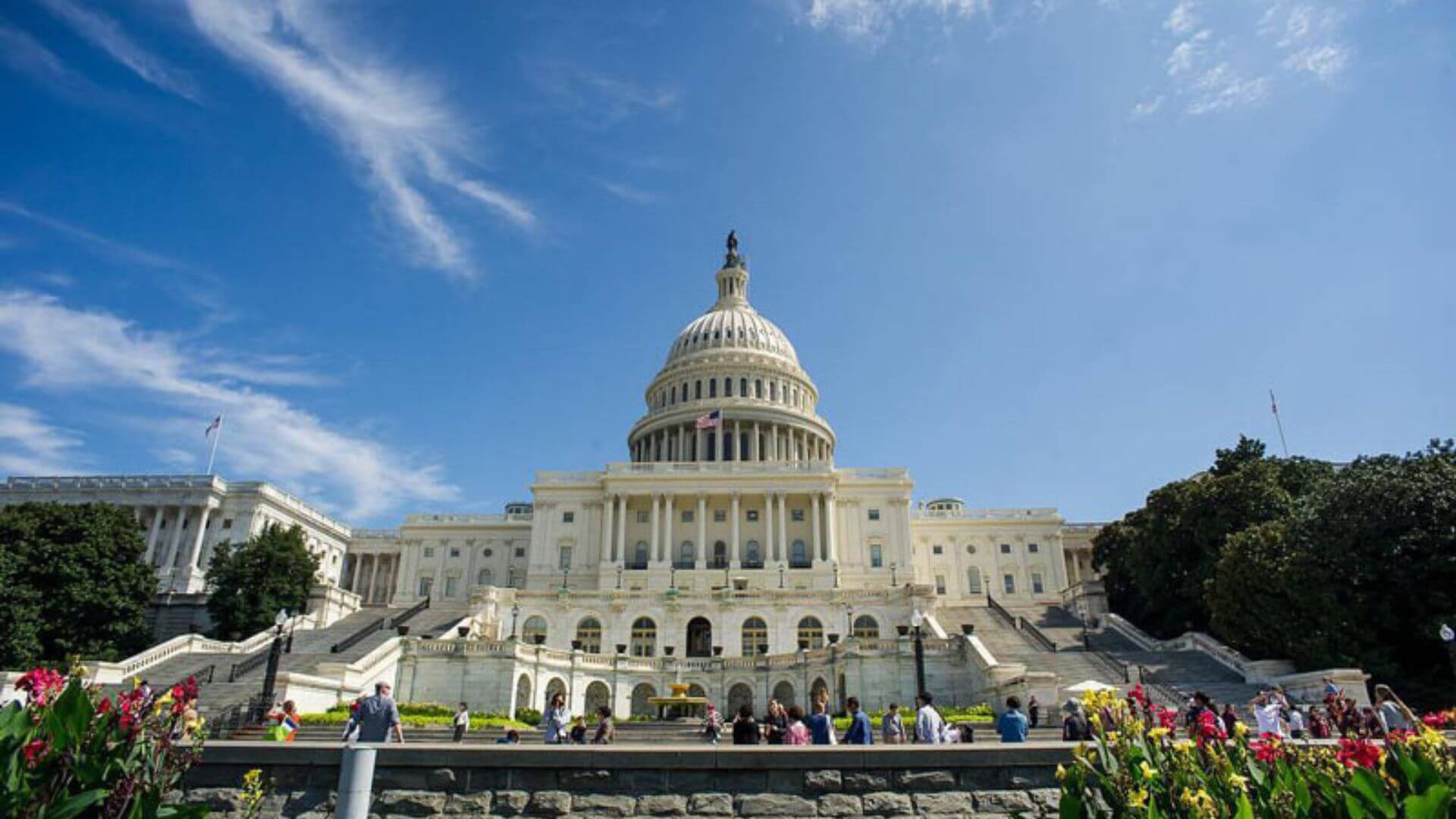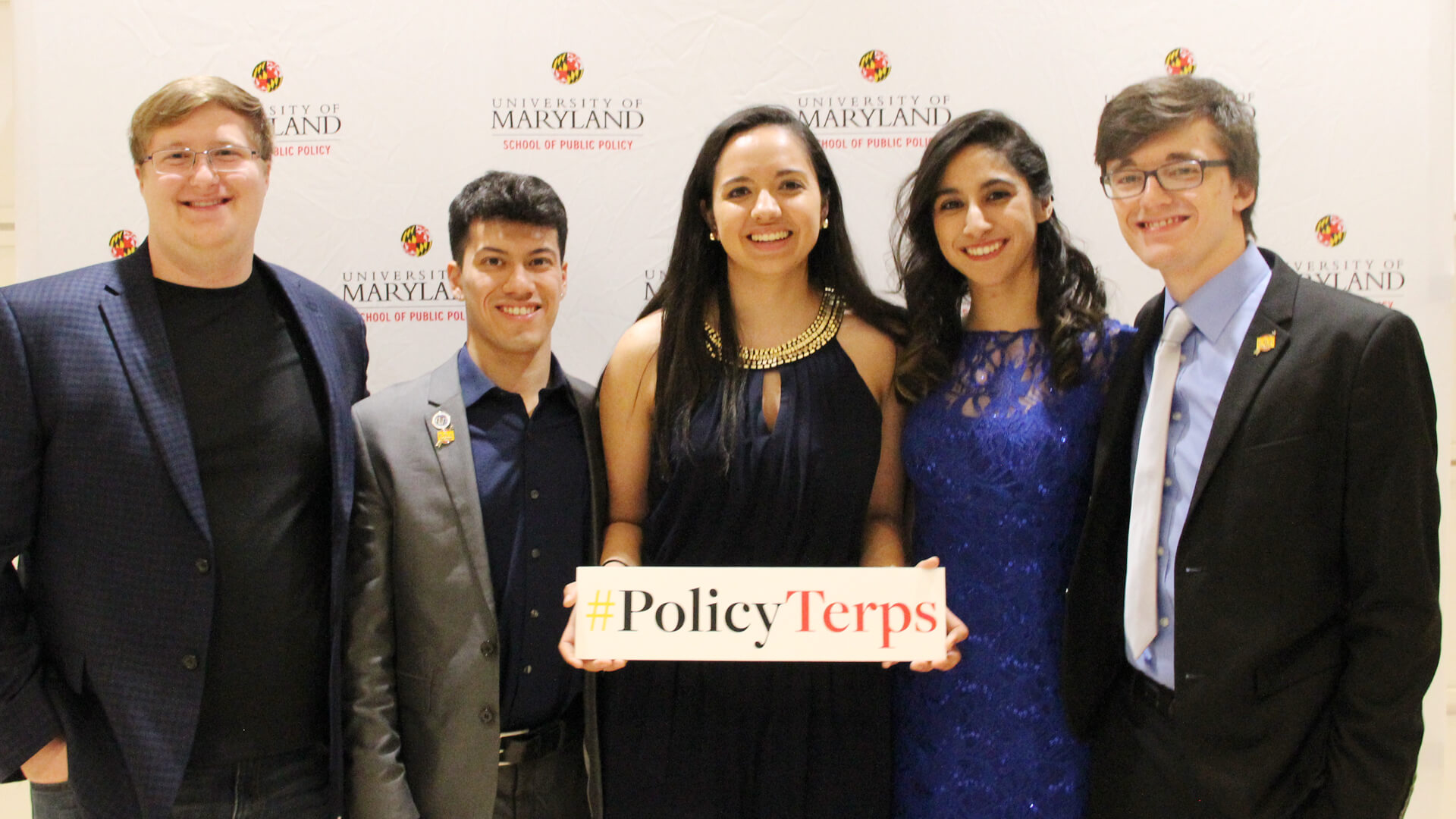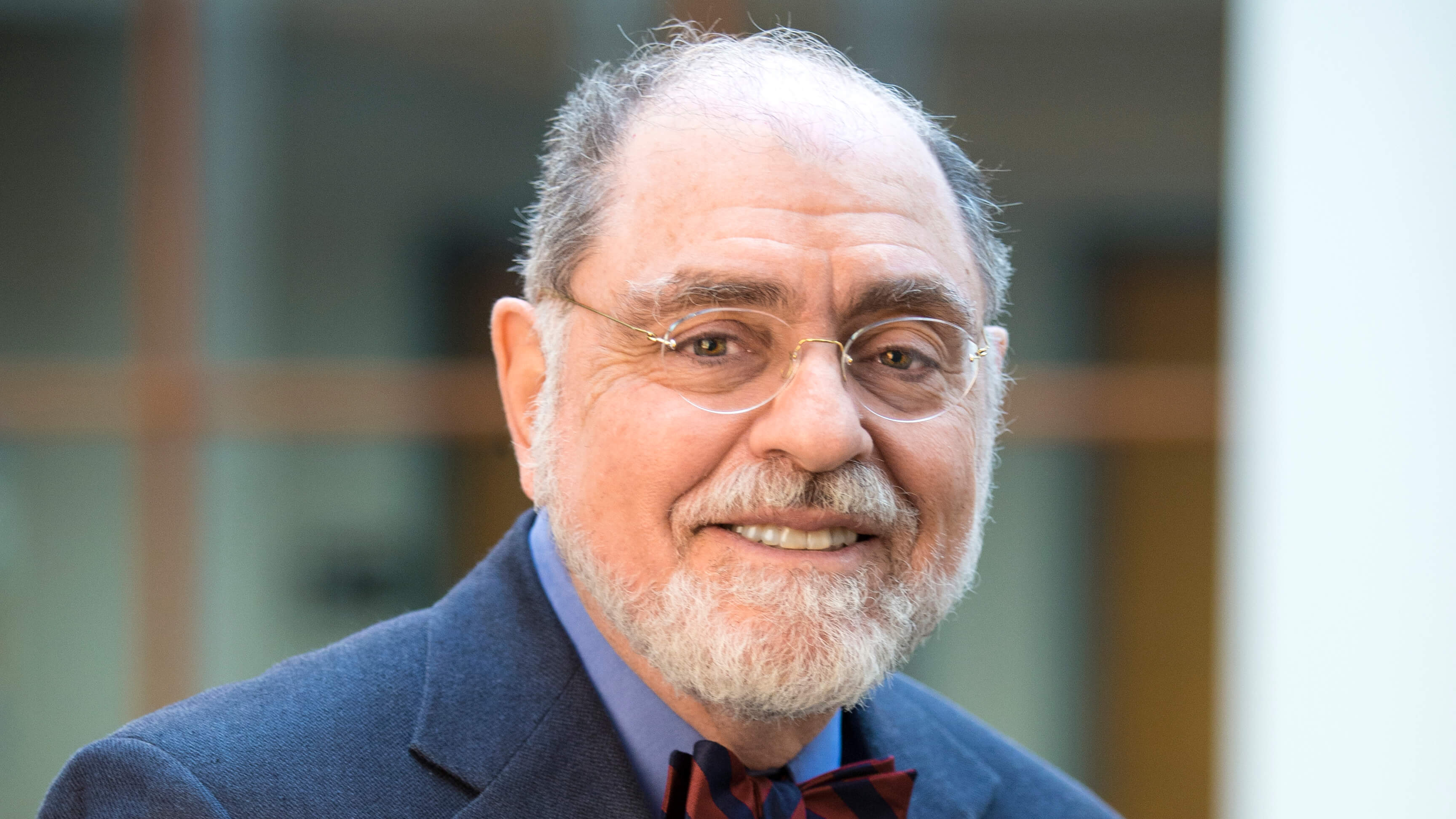Doug Besharov was the first director of the US National Center on Child Abuse and Neglect, from 1975 to 1979. With staff in Washington and each of the ten federal regions, the National Center supported research, demonstrations, training, technical assistance, and service projects in all parts of the country. From 1991 to 1992, he served as the administrator of the AEI/White House Working Seminar on Integrated Services for Children and Families, a project designed to improve the delivery of services to disadvantaged children and their families. Besharov's most recent book is Recognizing Child Abuse: A Guide for the Concerned, which is designed to help professionals and laypersons identify and report suspected child abuse. He has written or edited fourteen other books. He has also written over 150 articles and contributes to the Washington Post, the Wall Street Journal and the American Enterprise Magazine.
- Welfare reform; child abuse/child welfare; family policy
Provides students with the knowledge and skills needed to understand, describe, and critique program evaluations, and also to identify the policy implications of specific findings. Using examples from domestic policy and international development, the course covers (1) process and summative evaluation issues, including data collection, causal validity, and generalizability; (2) economic evaluations, including cost-effectiveness and cost-benefit studies; and (3) performance measurement of ongoing programs.
Schedule of Classes
Examines how governments and policymakers define poverty and the extent and demographics of contemporary poverty in the United States, other developed countries, and developing countries. Looks in detail at the official U.S. poverty measure and the Supplemental Poverty Measure developed by the Obama administration, as well as those developed by the World Bank and other international organizations. Explores the causes of poverty in the developed and developing world, and efforts to alleviate poverty over the last fifty years, focusing in the U.S. on income transfers, civil rights and equal opportunity, and efforts to increase human and social capital (with a special focus on children, the elderly, and minorities), and focusing in the developing world on infrastructure development, governance, and corruption. Restricted to PLCY majors or permission of instructor.
Schedule of Classes








